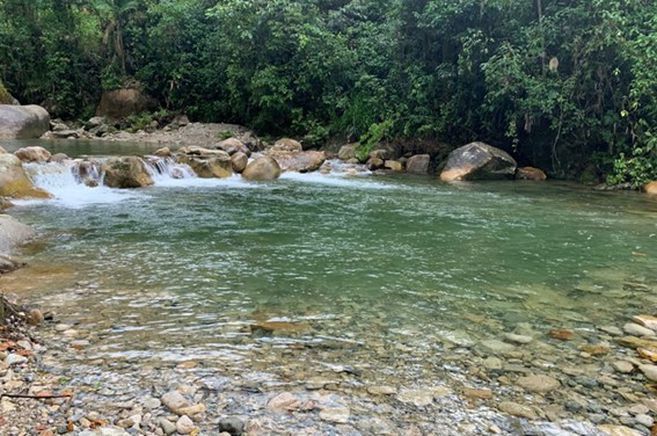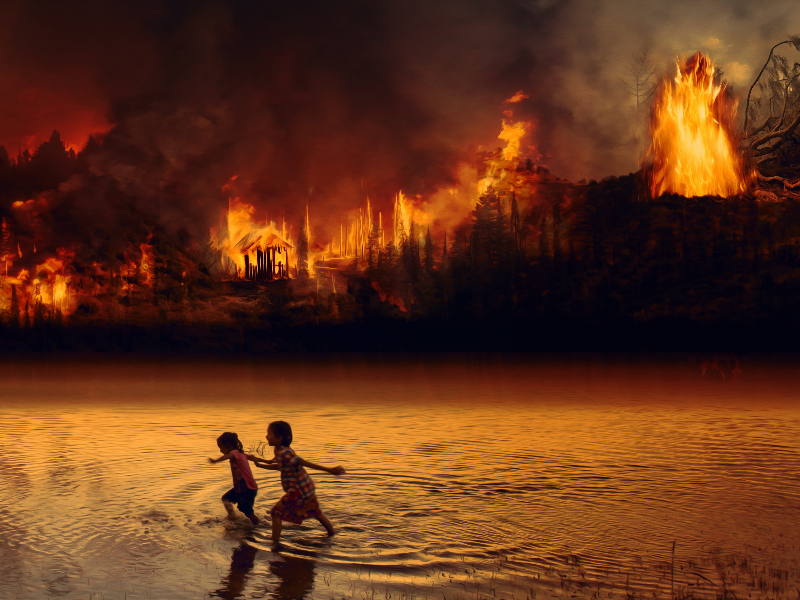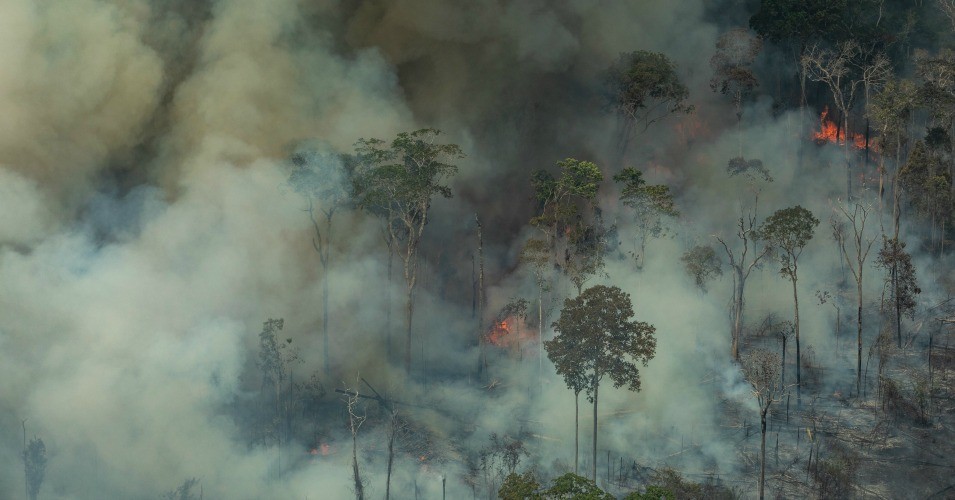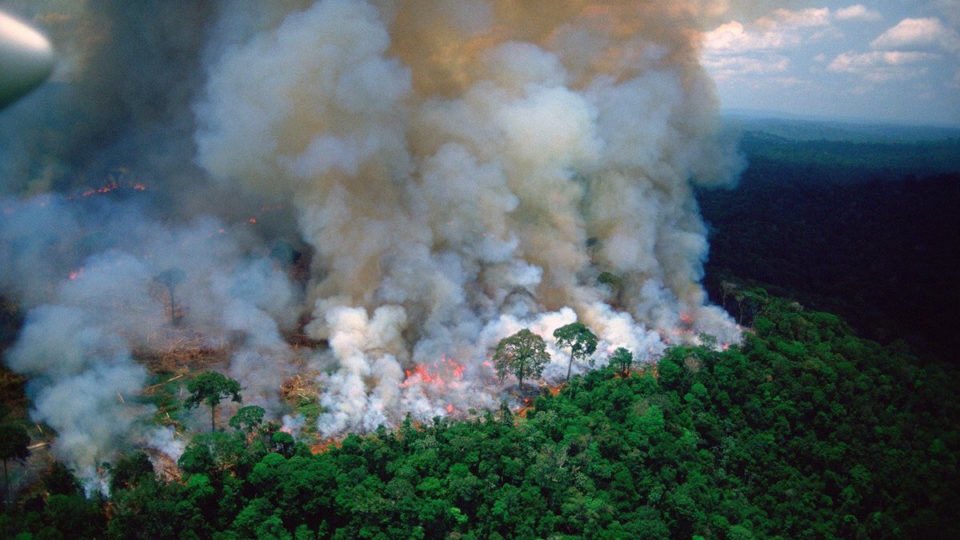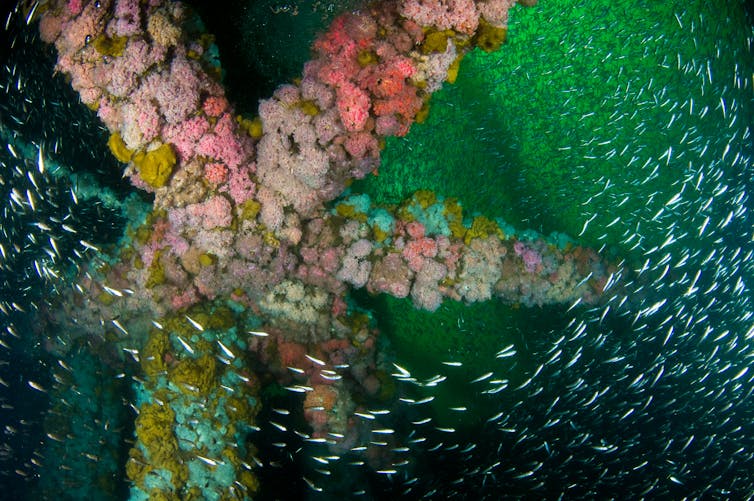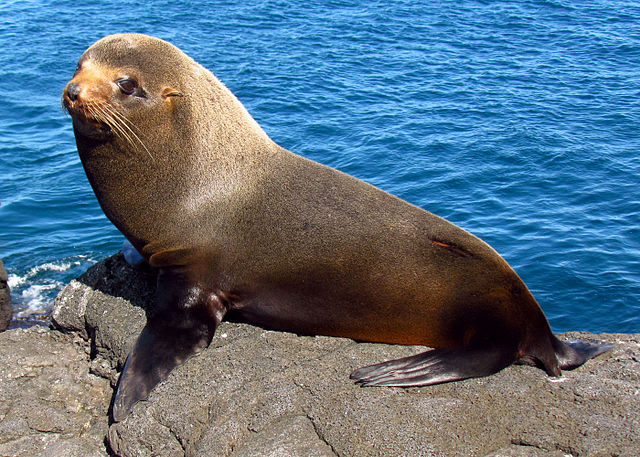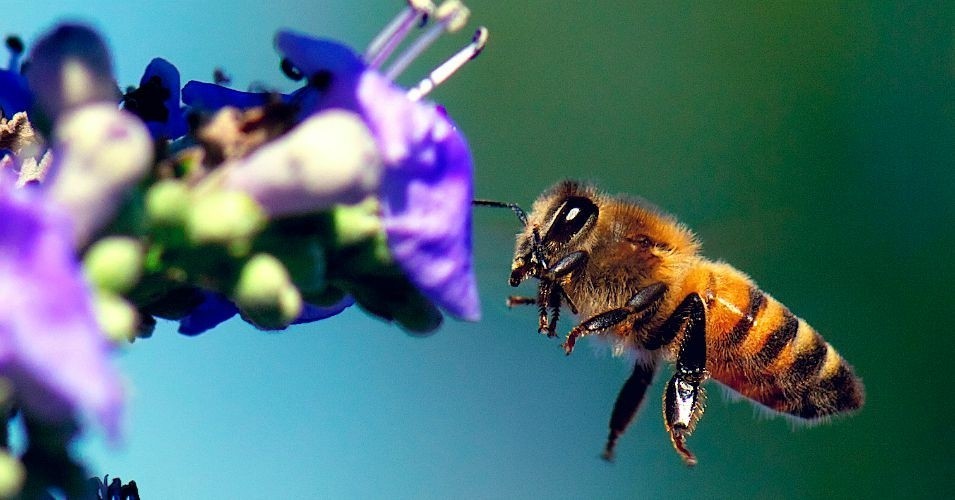“Even if you live thousands of miles from the Tongass National Forest, you still benefit from its unique ability to fight climate change,” said Earthjustice.
By Julia Conley, staff writer for Common Dreams. Published 6-11-2021
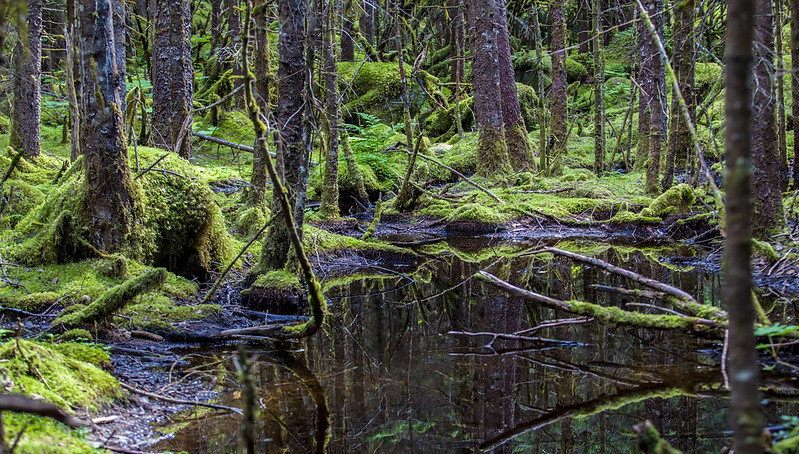
Tongass National Forest. Photo: Jeff’s Canon/flickr/CC
Indigenous rights and climate action groups on Friday welcomed the Biden administration’s announcement that the Department of Agriculture will “repeal or replace” former President Donald Trump’s assault on Alaska’s Tongass National Forest, in which a 20-year-old rule protecting wild lands was revoked three months before Trump left office.
Trump’s rollback of the 2001 Roadless Rule was made final last October and sparked fury among conservation groups including Greenpeace and the Natural Resources Defense Council, which noted that the protection of the Tongass National Forest is vital for biodiversity as well as absorbing carbon emissions. Continue reading


